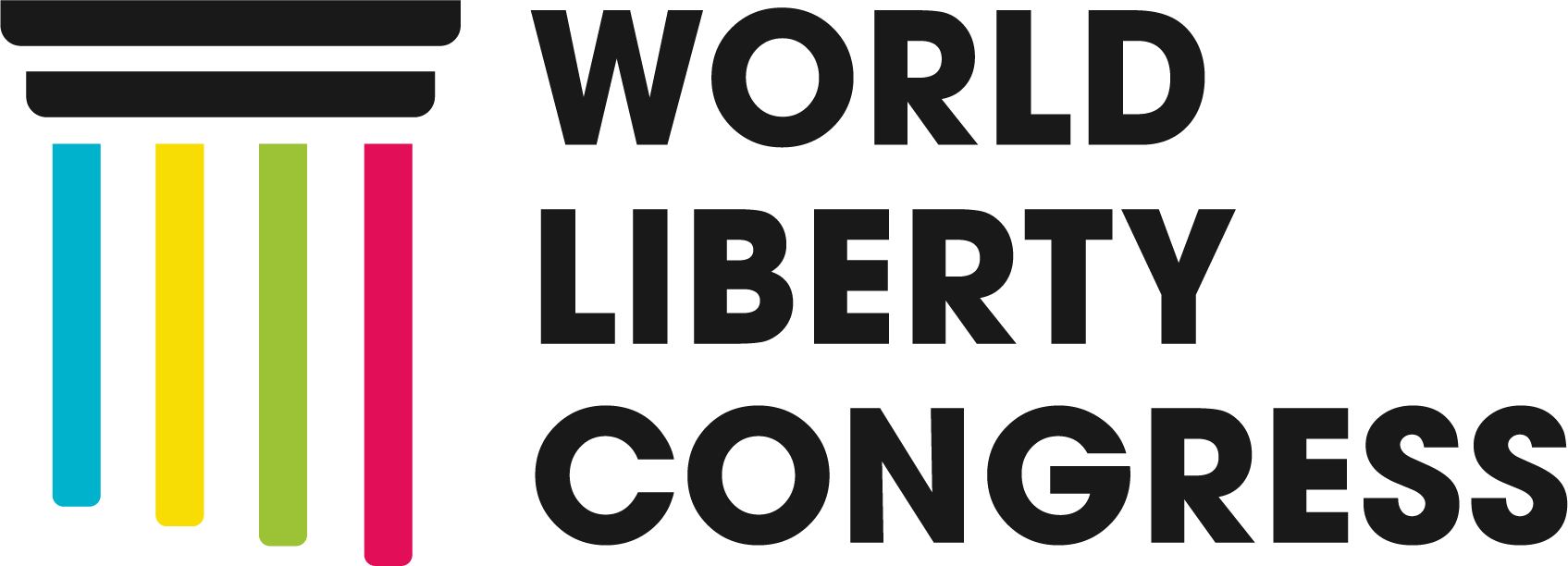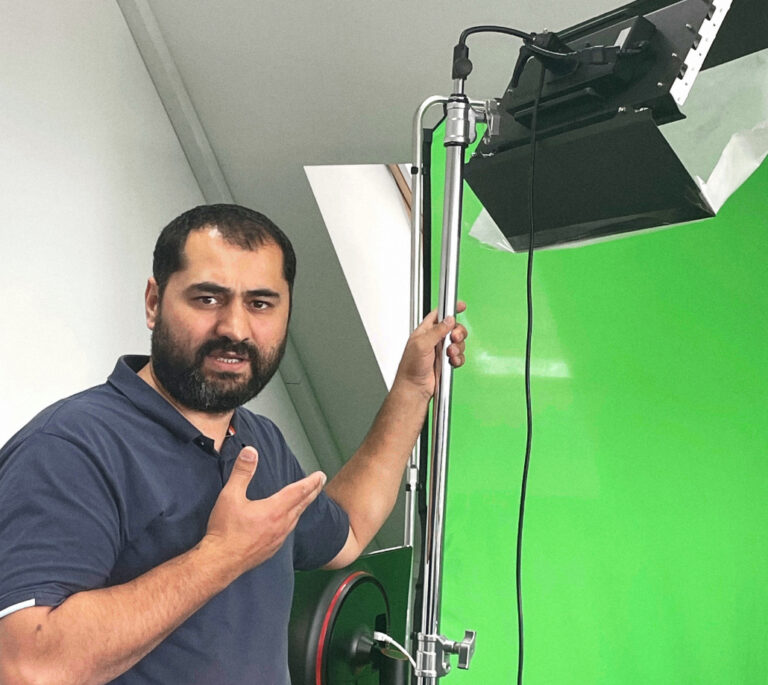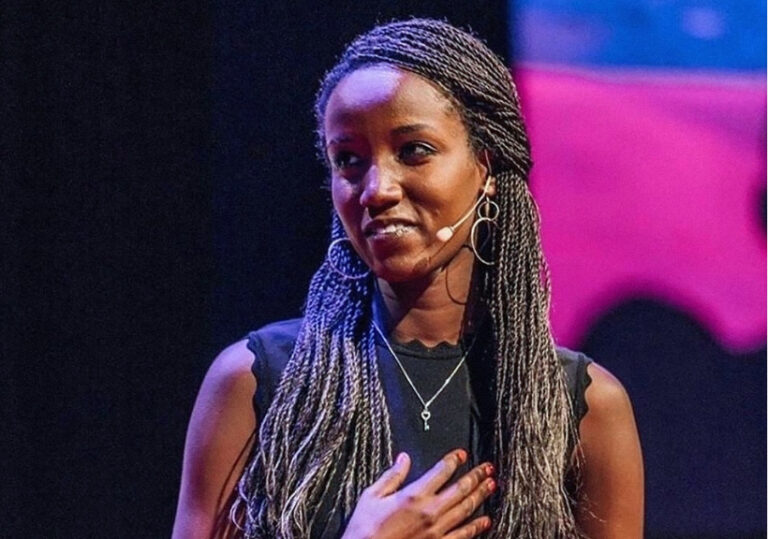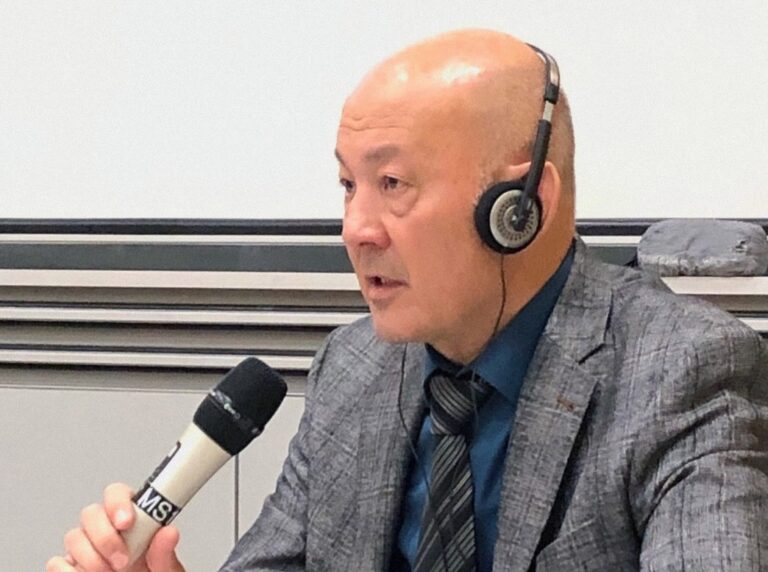By LC member (Venezuela)
After a series of negotiations and breaches by the Chavismo, Venezuela will hold a presidential election this Sunday, July 28, without democratic standards or guarantees. After 25 years of rule between Hugo Chávez and Nicolás Maduro, the electoral conditions are the worst the country has ever seen, but something has changed in the spirit of the people’s yearning for freedom. For almost a decade, the majority popular support has been with the democratic opposition, as evidenced by polls, and on July 28, this support will be expressed at polling stations as a peaceful protest demanding change, despite millions of people inside and outside the country being prevented from voting at the discretion of the National Electoral Council.
Venezuela has an opposition that has managed to negotiate its rivalries and, on various occasions, has achieved unitary pacts to go to elections. They now share the same urgency to change a system that is oppressive in political and daily life terms, that holds almost 300 political prisoners and has caused the migration of more than 8 million inhabitants, a quarter of its population.
Most Venezuelans are tired of oppression, political violence, and the impossibility of living with dignity. The Venezuelan dictatorship has caused designed poverty that even destroyed the modernity that the last century’s oil economy had achieved. Under Chavismo, having water, electricity, and gas in Venezuela became a privilege. That is why even a large number of public employees are among the majority who will vote for Ambassador Edmundo González on July 28, because they too have been systematically mistreated with low wages, ideological monitoring, and the imposition of partisan tasks. A teacher in Venezuela earns less than $5 a month, for example, and having the lowest salary on the continent is not the only humiliation they face daily. They must deal with propaganda and political persecution that keeps officials in conditions of modern slavery.
Voting for change is a collective decision that precedes the election, despite increased acts of repression and persecution by the Government, which have served to reinforce the decision for change. Chavismo no longer persuades, it only coerces and punishes, which increases the distance from its base.
The military logic of the entire organizational structure of the United Socialist Party of Venezuela (PSUV) is absurd, but it has been key to executing the worst possible election campaign: all official messages communicate their fascist view of the structure of the State and the population, so at this moment they estimate they can intimidate the beneficiaries of the miserable social programs that still function and the public employees they have so humiliated. But Chavismo has reached its limit: loyalty in its ranks does not grow with threats, exemplary punishments, or further imposition of poverty.
The late Hugo Chávez had enough money under his control to be remembered as a “giver,” even though all his practices were corrupt, but the years of Nicolás Maduro sum up the worst losses we have faced in Venezuela: the loss of the State’s structure, living conditions, rights and freedoms, goods and social mobility, education, and hopes. Nicolás Maduro destroyed the rule of law, and created the worst humanitarian crisis in the region. He guaranteed impunity to his repressors, destroyed the economic capacity of the entire population, which forced the migration of millions, and strengthened the corruption systems of his power group.
This sum of chaos drives the idea among the population that this year no one will lose anything by trying for change. That’s why the power structure is no longer monolithic. Dissident Chavismo itself has helped spread the reasons why the country must change. Thus, Maduro failed to divide the opposition vote with false candidates, discourage voters, or promote the loyalty of his militants or the military. At most, he will have violence left, but even that today represents higher costs for him, as he, and his command chain are already under investigation by the International Criminal Court.
For her part, María Corina Machado managed to win the 2023 primary election by a wide margin, becoming the legitimate leader of the opposition. For months she has traveled the country despite the persecution she faces. She developed another way of connecting with her audiences, and that’s why the citizens are the main protagonists of all the opposition’s messages. This campaign was made by the people circumventing censorship, the impossibility of accessing mass media, turning personal networks and social networks into the best tools for processing information and expressing their opinions. After being politically disqualified through an illegal and unjustified decision, which prohibited her from registering as a candidate for the elections by Maduro’s Dictatorship, she resorted to Edmundo González as her representative for the election who is now leading all the polls without having a spot on television or posters on the streets. It is unprecedented.
The opposition movement in Venezuela is characterized by a multi-layered depth that reflects the urgency to address unacceptable living conditions, a collective and democratic renewal of leadership, and a fearless commitment to traveling the nation despite risks. The steadfast determination to vote in large numbers, coupled with the aspiration for a potential victory, embodies the belief that change equates to progress.
Should the anticipated change come to fruition, it would mark a historic moment not only for Venezuela but for the world at large. This transformation would signify the first transition to democracy in almost two decades and serve as a beacon of hope and inspiration on a global scale. The eyes of the world are fixed on Venezuela, eagerly anticipating the outcome of this pivotal journey towards democratic progress.




